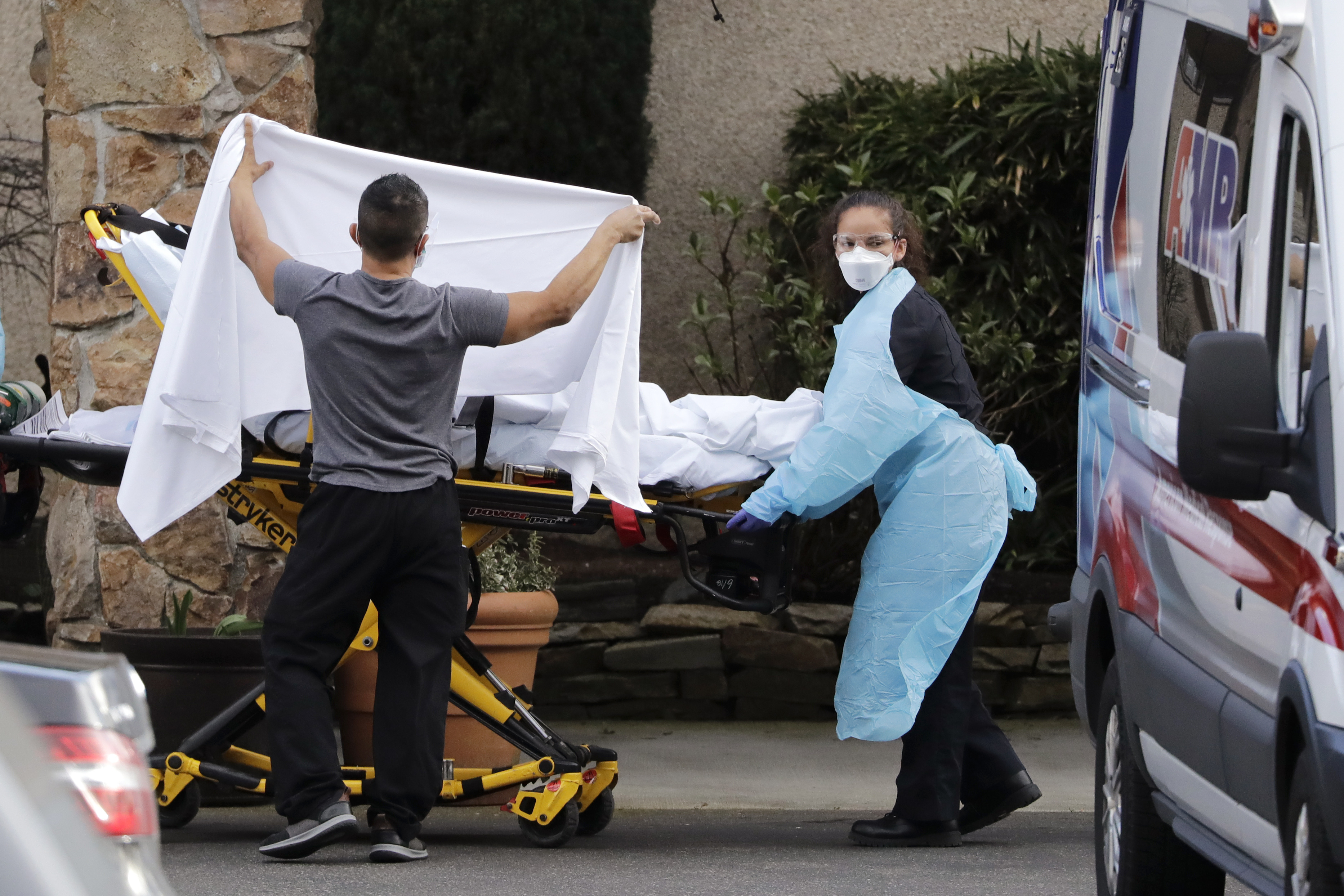
At a hearing on Capitol Hill Wednesday, Dr. Anthony Fauci of the National Institutes of Health once again said a COVID-19 vaccine is a year to a year and a half away, but that therapeutic drugs to treat people who already have the virus are expected to be ready much sooner. NIH has begun testing on patients in Washington State and Nebraska.
"A clinical trial will be done, and if in fact it is shown to be effective, maybe not perfectly effective, but at least somewhat effective in bringing down the viral load, we would imagine that in the next several months, and it will take that long to do the trial, that we might have an intervention," said Dr. Anthony Fauci, Director, National Institute of Allergy and Infectious Diseases at NIH.
Late on Wednesday, the U.S. House passed a $8.3 billion bill to fight coronavirus outbreak by a sweeping bipartisan vote. The Senate is expected to vote Thursday.
Local governments are preparing for the virus to spread. New York City has increased cleaning and disinfecting throughout the subway system. In Washington State, where more people have died than in any other U.S. state, officials are bringing in modular housing that could serve as quarantine quarters if needed.
The U.S. Chamber of Commerce estimates the outbreak could cut first quarter growth in the U.S. by 0.1% to 0.3%. The airline industry is one of the first to feel the impact. Some overseas flights have been cancelled. Trade shows, conventions and other events are being cancelled or postponed. That means fewer Americans jumping on planes. In a meeting with airline executives, U.S. President Donald Trump tried to put a positive spin on the impact COVID-19 is having on the airline industry.
"It's affecting the airline business as it would and a lot of people are staying in this country and shopping and using our hotels so from that standpoint, I think it’s probably a positive impact but it is also having an impact on overseas travel which is fairly substantial," said Trump.
The U.S. president said there have been no discussions of emergency funding for airlines at this point.